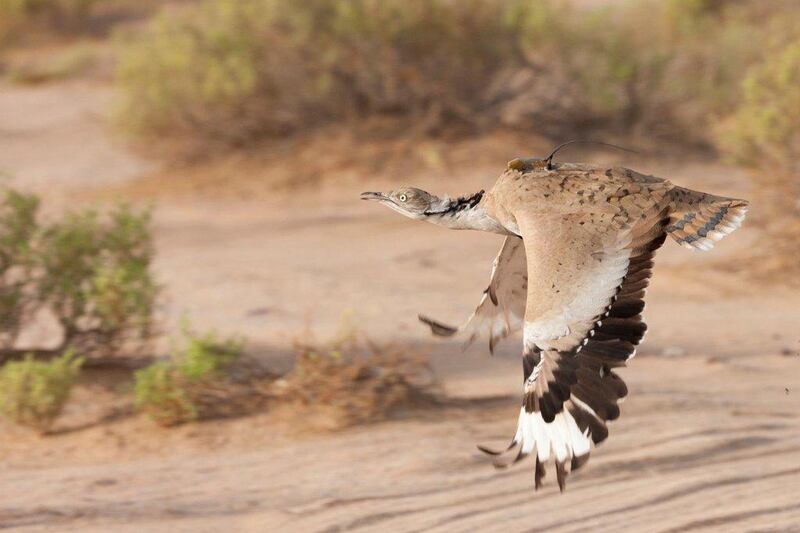Many years ago, growing up in the delightful English county of Sussex, I came to love the environment around me. Perhaps that was in part because my father was a gardener and author of gardening books while my mother was a biology teacher, but the birds and other animals, the trees and the flowers of the meadows and woodlands fascinated me. As I got older, I began to shoot, wandering unobtrusively around, learning where to wait for pigeons coming in to roost or how to catch a wary rabbit unawares.
I never actually killed much, although I occasionally supplemented my pocket money with small sums given for killing a rabbit that was raiding my father’s vegetable patch or that ever-present pest, a grey squirrel.
As the years passed, I no longer had the opportunity to go shooting and it has been decades since I have done so. The love of nature that I learned, though, has stayed with me ever since. Perhaps that is why I have always believed that it's perfectly understandable that many of those who hunt, whether with the gun, the falcon or the fishing rod, can, at the same time, be passionate supporters of conservation. Many leading conservationists still engage in hunting in some form.
It was, therefore, with considerable interest that I attended the Summit for the Flyways conference held in Abu Dhabi last week. Organised by international conservation charity BirdLife International, it was hosted by the International Foundation for Houbara Conservation (IFHC) which, at its heart, has the objective of increasing wild populations of the houbara bustard so that it will be possible to continue sustainable hunting with falcons.
Falconry is unpopular among much of the birdwatching community. How, I wondered, would it be possible for a collection of people with such different views to come together amicably to discuss ways of tackling threats to the world’s birds?
Yet among both dedicated conservationists who had never hunted in their lives and those who have a passion for pastimes like falconry, as well as for conserving the environment and wildlife, there was an evident willingness to engage and share ideas, proposals and the results of research.
Just over 40 years ago, I attended the first International Conference on Falconry and Conservation, held in Abu Dhabi and convened by the late Sheikh Zayed. It would have been almost unthinkable then for the same kind of dialogue I witnessed last week between falconers and non-hunting conservationists to have taken place. The debate on conservation, though, has moved on and, as with much else within the Emirates, the implementation here of Sheikh Zayed’s own vision, in this case for sustainable hunting, has played a part.
The discussion of an action plan to conserve the saker falcon, much prized by Arab falconers, provided a good example. Over the last 20 years, as the managing director of the Environment Agency Abu Dhabi (EAD), Mohammed Al Bowardi, noted, the world population of the species has dropped by about 50 per cent, partly because of the taking of falcons but also because of habitat loss and electrocution by power lines.
In Mongolia a programme to erect special nesting boxes, run jointly by EAD and local authorities, has led to a substantial increase in the saker population. A highlight of the last day of the conference was the announcement of a new Mohammed bin Zayed Raptor Conservation Fund. Its first initiative is the allocation of $1 million as seed money for a new campaign to bring conservationists, governments and electricity companies together to find a solution to the problem of bird mortality caused by power lines. Both projects might be of benefit for falconers but there are major benefits for conservation too.
Differing views on falconry and other forms of hunting will not disappear nor, indeed, should one expect them to do so. Millions of birds are still killed or trapped by illegal hunting every year, although it is encouraging to note that preliminary estimates suggest the UAE has the best record in the region, thanks to effective implementation of legislation. Around the world, however, the concept of sustainable hunting is now much more widespread than it was four decades ago, as well as understanding of the way in which it can contribute to conservation.
At the conference, conservationists of all kinds seem to have made major progress in pursuit of a shared commitment to protecting the world’s bird species, one in eight of which is now globally threatened. Looking ahead, the UAE seems set to continue to play its part. As a former hunter, now primarily a bird-lover, that is something I welcome.
Peter Hellyer is a consultant specialising in the UAE’s history and culture





